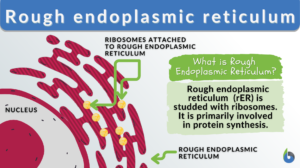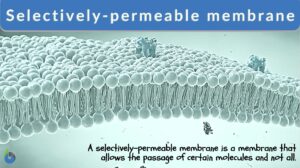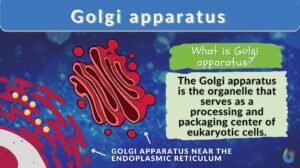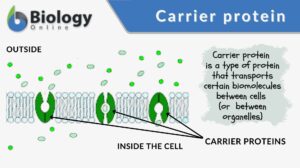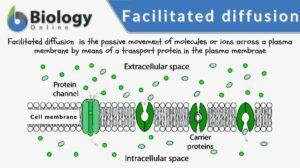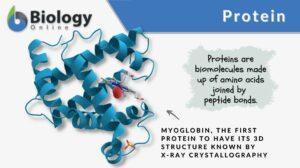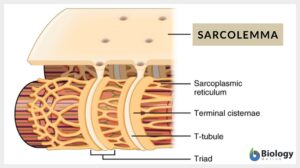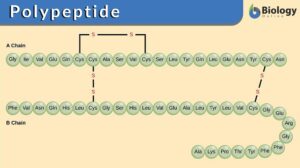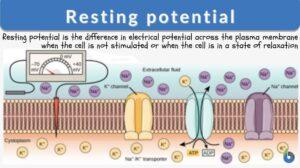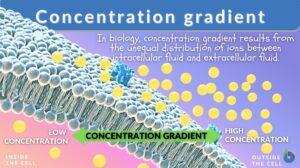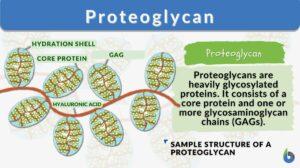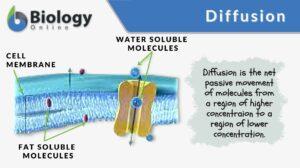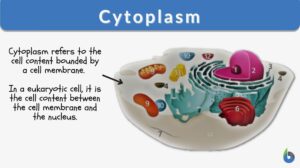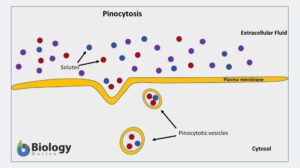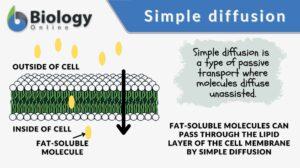Search Results for: membrane protein
Cell membrane
Cell Membrane Definition Just like any non-living body possesses a plastic or paper packaging material that keeps the... Read More
Plasma membrane
Do all cells have a plasma (or cell) membrane? Yes, all cells have a biological membrane that separates the protoplasm from... Read More
Membrane protein
Definition noun, plural: membrane proteins A type of protein that is attached to, or associated with, a biological... Read More
Endoplasmic reticulum
Endoplasmic Reticulum Definition The endoplasmic reticulum is a membrane-bound organelle in cells of eukaryotic cells... Read More
Fluid mosaic model
Fluid Mosaic Model Definition What is the fluid mosaic model? The fluid mosaic model is a three-dimensional representation... Read More
Endomembrane system
Ever wondered how biomolecules are made within the cell and then they are released outside the cell for use by the body?... Read More
Integral membrane protein
Definition noun A protein molecule (or assembly of proteins) that is permanently attached or firmly anchored in the plasma... Read More
Peripheral membrane protein
Definition noun, plural: peripheral membrane proteins A protein that temporarily adheres to the biological membrane, either... Read More
Rough endoplasmic reticulum
Rough Endoplasmic Reticulum Definition The rough endoplasmic reticulum (rough ER or rER) is a membrane-bound organelle... Read More
Selectively-permeable membrane
Selectively Permeable Membrane Definition We can define selectively permeable membranes as those that are selectively... Read More
Golgi apparatus
Golgi Apparatus Definition The Golgi apparatus is a membrane-bound organelle in eukaryotic cells. It plays a crucial role... Read More
Carrier protein
Carrier protein is a type of cell membrane protein involved in facilitated diffusion and active transport of substances out... Read More
Facilitated diffusion
Facilitated diffusion is the transport of substances across a biological membrane from an area of higher concentration to an... Read More
Cell Structure
The interior of human cells is divided into the nucleus and the cytoplasm. The nucleus is a spherical or oval-shaped... Read More
Sarcolemma
Sarcolemma Definition What is the sarcolemma? It is the thin, transparent, extensible plasma membrane of the muscle cell.... Read More
Movement of Molecules Across Cell Membranes
Diffusion Diffusion is essentially the movement of molecules from a region of higher concentration to a region of lower... Read More
Chemiosmosis
Chemiosmosis Definition What is chemiosmosis? In biology, chemiosmosis refers to the process of moving ions (e.g. protons)... Read More
Mitochondrion
Mitochondrion Definition What are mitochondria? The term “mitochondrion” comes from the two words of the Greek... Read More
Amphipathic
Amphipathic Definition Amphipathic is a word used to describe a chemical compound containing both polar (water-soluble) and... Read More
Transmembrane protein
Definition noun, plural: transmembrane proteins A protein that spans the entire biological... Read More
Polypeptide
Polypeptide Definition Biology What are polypeptides? A polypeptide is defined as a polymer of amino acids joined together... Read More
Nonsense mutation
A nonsense mutation is the type of point mutation that renders the translation process useless by coding for a stop/nonsense... Read More
Tight junction
What are tight junctions? Tight junctions are the intercellular barrier between two neighboring endothelial and epithelial... Read More
Resting potential
Resting Potential Definition The resting potential of a cell is defined as the difference in electrical potential across... Read More
Genetic Information and Protein Synthesis
Genetic Code Genes are sequences of DNA nucleotides that carry and transmit the information specifying amino acid sequences... Read More
Smooth endoplasmic reticulum
Smooth Endoplasmic Reticulum Definition Smooth endoplasmic reticulum (sER) is part of or a region in the endoplasmic... Read More
Concentration gradient
What is a concentration gradient? A gradient is a measure of how steep a slope is. Thus, a concentration gradient would be... Read More
Proteoglycan
What are proteoglycans? Proteoglycans are primarily a type of polysaccharide. Structurally, proteoglycans are... Read More
Erythrocyte
Erythrocyte Definition Erythrocytes (red blood cells or RBCs) are the myeloid series of specialized cells that play an... Read More
Transmembrane proteins
transmembrane protein (Science: cell biology) A protein subunit in which the polypeptide chain is exposed on both sides of... Read More
Phosphorylation
Phosphorylation Definition We can define phosphorylation as a biochemical process in which a phosphate molecule is added to... Read More
Pinocytosis
Pinocytosis Definition What is pinocytosis? Pinocytosis is the ingestion of extracellular fluids, i.e. the fluid... Read More
Simple diffusion
Diffusion is essential in the anatomy and physiology of a living thing, especially with regard to homeostasis. It is one of... Read More
Phagocytosis
Phagocytosis Definition Phagocytosis is a basic physiological cellular process wherein a cell ingests a solid particle... Read More






